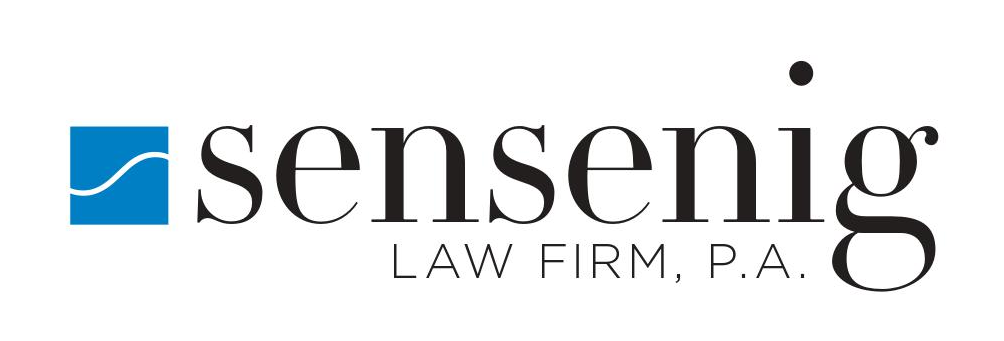The PUMP Act’s Protections for Nursing Mothers Effective April 28, 2023
As of Friday April 28, 2023, the Department of Labor (“DOL”) will begin enforcing the recently passed Providing Urgent Maternal Protections for Nursing Mothers (“PUMP”) Act. This Firm has to believe the majority of those of you reading this are already complying with the PUMP Act’s requirements, due to the fact that the PUMP Act is, by and large, a recitation of existing employer obligations to nursing mothers already in place under the Fair Labor Standards Act (“FLSA”). That said, the DOL did provide some much-needed clarity on some of the more detailed requirements in the form of a newly-revised Fact Sheet and FAQ.
If legislative history and committee notes are your thing – hey, we don’t judge! – feel free to peruse the links above for the full story. If you’d prefer the Sgt. Joe Friday version (“Just the facts, ma'am,”) here’s what employers need to know by April 28, 2023:
Broadly speaking, the PUMP Act requires employers to provide nursing mothers “a reasonable amount of break time and a space to express milk as frequently as needed.”
All employers covered under the FLSA – i.e., all employers engaged in any form of interstate commerce – must comply with the provisions of the PUMP Act.
As for the minutia, we have you covered there too:
Are PUMP breaks paid? No, breaks provided specifically in order for an employee to express breast milk need not be paid. However, if an employee uses an otherwise-paid break period to express breast milk, that break period must be paid as usual. Remember, salaried exempt employees are paid on a salary basis and thus employers should not deduct any time from a salaried exempt employee for time spent expressing breast milk.
Are there any exceptions? Yes, but qualifying for an exception is going to be more onerous than simply complying with the Act. Employers with less than 50 employees who demonstrate that complying with the Act would present an “undue hardship” are excused from these requirements; to determine an “undue hardship,” the DOL examines “the difficulty or expense of compliance for a specific employer in comparison to the size, financial resources, nature, or structure of the employer’s business.”
What are the penalties for PUMP Act violations? If you fail to comply with the PUMP Act, or if your “undue hardship” is ultimately deemed insufficient to excuse compliance, you will face all the standard claims for pregnancy discrimination (Title VII, the Florida Civil Rights Act, the ADA, the FLSA, etc.), as well as additional “liquidated damages, compensatory damages and make-whole relief… and punitive damages where appropriate” under the PUMP Act itself. This is a no-brainer: compliance is cheaper and easier than paying penalties for non-compliance.
If you don’t have policies and procedures in place to accommodate nursing mothers under the FLSA or the PUMP Act, you’ll want to follow up on this before April 28.
Whether you seek professional advice or opt for self-help, covered employers cannot afford to ignore the PUMP Act. The remedies for violation are just too broad – liquidated and punitive damages, not to mention attorneys’ fees under the FLSA – and the fact of violation is just too easy to prove; there’s really no good defense if DOL doesn’t buy your “undue hardship” excuse. Please let us know if we can be of any assistance to you for compliance with the PUMP Act.
